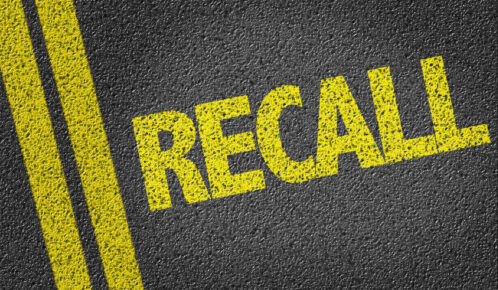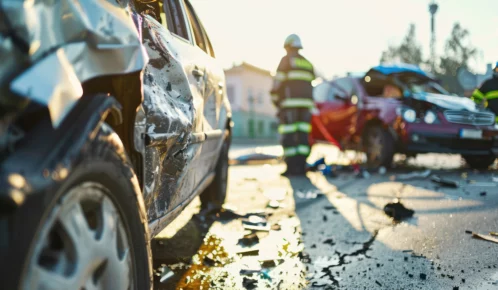Winter is upon us and, in recent weeks, Chicago and the surrounding suburbs has been blanketed with snow and ice. As a result of the treacherous conditions that snow and ice create, accidents tend to happen more frequently. Not only can auto accidents happen as a result of snow and ice, but slip and fall accidents are also relatively common when the there is snow and ice on the ground.
If you slip and fall on private property, you may have a claim against the property owner if he or she created an unnatural accumulation of snow or ice. Under the theory of premises liability, property owners and managers are required to keep their property safe and free from hazards. The failure to do so can result in liability for any injuries sustained in a slip and fall accident on the property.
Last year, we reported that the Illinois Appellate Court held in Hornacek v. 5th Avenue Property Management, in Illinois, a property owner can only be held liable for slip and fall injuries sustained if the property owner aggravated the natural accumulation of ice, snow, or water was unnatural. In other words, a property owner will not be liable for the failure to remove natural accumulations of snow or ice. If, however, the landowner or a hired contractor creates an unnatural accumulation of snow and ice, then liability may attach as a result of failing to use ordinary care.
Moreover, as we described in this post, the Illinois Natural Accumulation Rule & the Snow and Ice Renewal Act of 2005 states that the natural accumulations of snow and ice should give property owners comfort knowing that they can shovel without the worry of a lawsuit. If there is a defect on your property, however, such as a cracked rainspout creating a large unnatural accumulation of ice, you could be liable if someone falls and injures themselves.
If you slip and fall on public property, you may not be able to pursue a legal claim against the government entity. In Moore v. Chicago Park District, the Illinois Supreme Court recently held that publicly-owned recreational facilities have broad immunity from liability to users who fall on snow or ice. In this case, three inches of snow had fallen and the Chicago Park District had taken several measures to move the snow and nice. The Park District had plowed the parking lot, and shoveled and salted the sidewalk. As a result of the Park District’s actions, a small pile of snow had gathered at the edge of the parking lot. A woman fell on this pile of snow, broke her leg, and later died as a result of brain damage suffered due to complications during surgery to repair the leg.
The Illinois Supreme Court ultimately held that the Park District could not be held liable for the decedent’s death, pursuant to Section 3-106 of the Local Governmental and Governmental Employees Tort Immunity Act, which provides that “[n]either a local public entity nor a public employee is liable for an injury where the liability is based on the existence of a condition of any public property intended or permitted to be used for recreational purposes,” except in cases of willful and wanton conduct.
There is a limited amount of time during which you can file a legal claim for snow and ice-related injuries. If you have been injured in a slip and fall on ice, you may be able to collect money damages by filing a personal injury lawsuit. The time limitation – or statute of limitations – on when you can file a slip and fall lawsuit varies depending on where the slip and fall accident took place.
Contact our office at (312) 481-6405 to schedule a free consultation with one of our Chicago slip and fall lawyers to learn more about your legal rights following a snow or ice-related accident.



